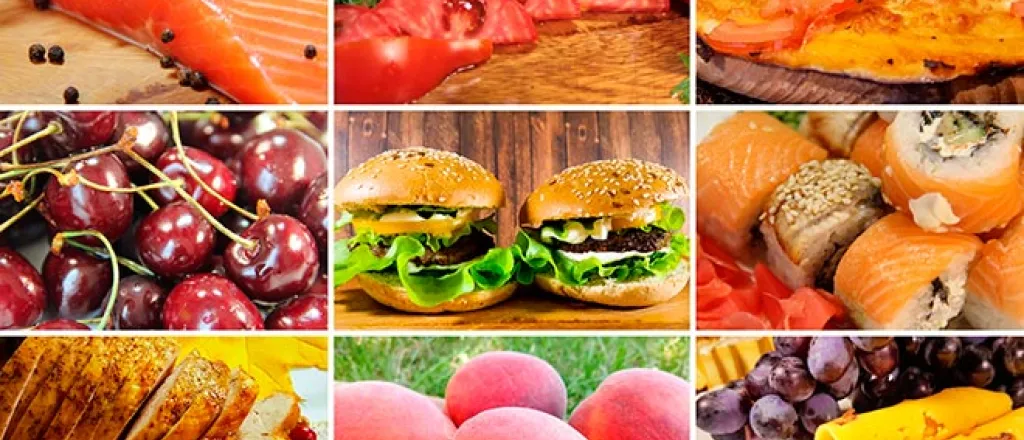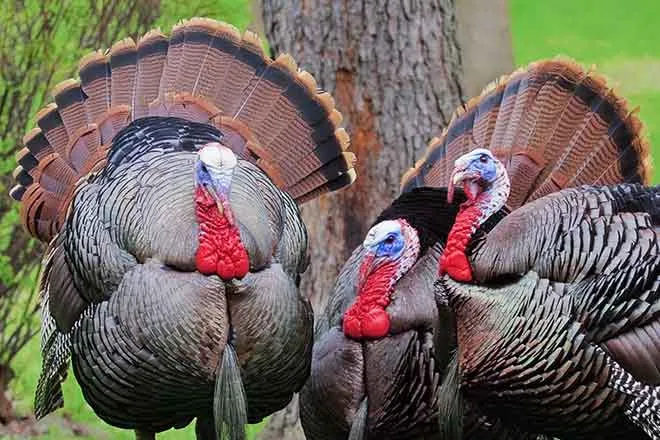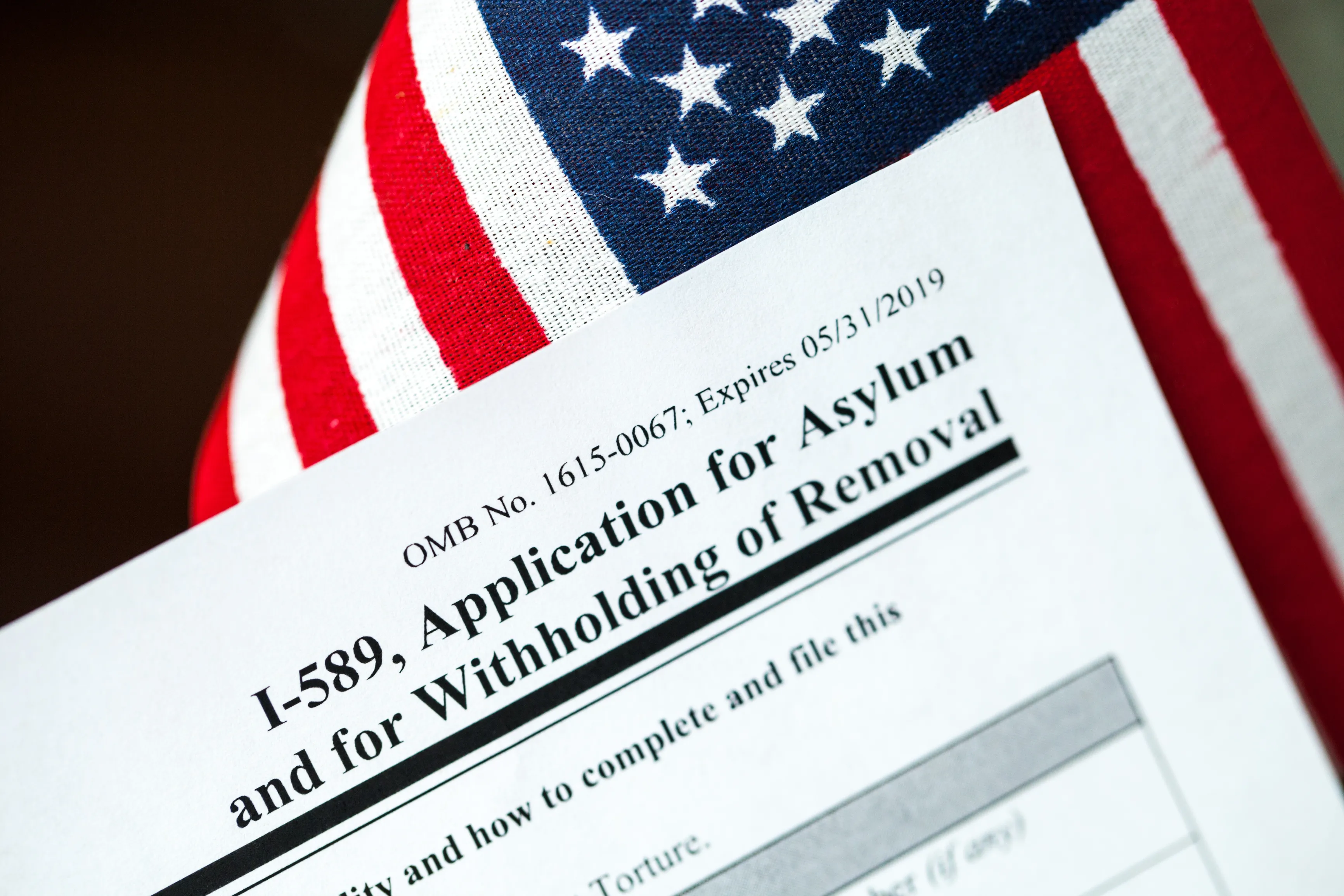
Higher costs, budget decisions prompt more food scarcity concerns in North Dakota
(Prairie News Service) Nearly nine percent of North Dakota households do not have enough to eat right now, and the push to expand free meals for students at school appears to have ended as the pandemic wanes.
Moving forward, a hunger relief group said it is clear the need is not going away.
The household numbers were reported in the most recent U.S. Census Household Pulse Survey. Plans to extend universal free school lunches beyond June were scrapped in congressional budget talks.
Jared Slinde, communications manager for Great Plains Food Bank, said when you factor in higher food costs, organizations like his must stay on their toes.
"We always want to be prepared to provide to be able to provide the service to as high a level as we can," Slinde explained. "Because there's going to be people that are going to need it for quite some time."
He noted with fewer bulk donations from the food industry, they anticipate having to make more
purchases to help maintain supplies at local food shelves. The group reported serving more than 121,000 North Dakotans in 2021, the second-highest total in its history. While down from the previous year, officials say it is still much higher than pre-COVID cycles.
Higher grocery costs carried over into 2022 following supply-chain issues, and June 30 is the scheduled end date for universal free school meals the federal government provided during the pandemic.
Supporters say extending it would mean more certainty for households and districts still leaning on the extra support. But some Republicans say with COVID cases waning, free meals should be offered only to those who qualify. With all the outside forces affecting families, Slinde emphasized it is vital for people who want to help to consider making monetary donations.
"The way we're structured, we're able to provide three meals for each dollar donated, which we're able to stretch that quite a ways," Slinde stressed.
Great Plains works with nearly 200 food pantries, soup kitchens and other free meal programs.















